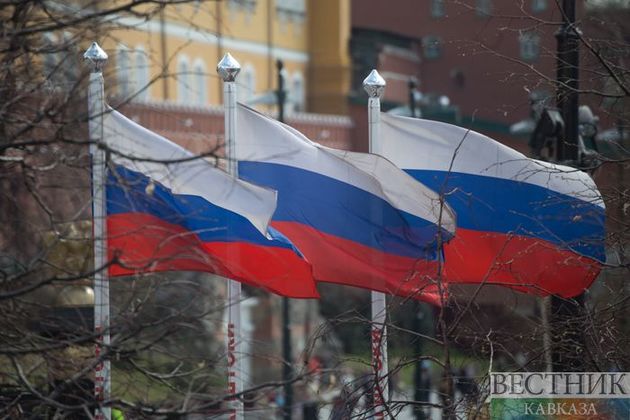On Tuesday, March 30, the 10th meeting of the Presidential Council for Interethnic Relations was held by videoconference under the chairmanship of Russian President Vladimir Putin. It was the first meeting during the coronavirus pandemic, and many issues were discussed, the analyst of Vestnik Kavkaza, Evgeny Nikolaychuk, said in the Natsvopros Question program on Vesti.FM radio.
The expert noted that the key topic of the meeting was the issue of "Strengthening the All-Russian Civil Identity”. As the President noted, for our country, and any country in the world, now there is nothing more important, given the problems many states are facing today both in America and in Europe.
The President reminded the Council members of the adoption of amendments to the Constitution of Russia, pointing out that in the Basic Law of the country, the key guidelines of the state national policy were also fixed - the unity of the people of Russia, ensuring interethnic harmony, preserving the ethnocultural and linguistic diversity of the country, and the role of the Russian language for all Russians and socio-economic, spiritual, cultural consolidation of our society.
Further, the President recalled that "the reasons for the most conflicts in the world are economy and politics, but the conflicts themselves are spurred, as a rule, by the interethnic and religious intolerance, which is unacceptable in Russia."
“It is curious that today more than 80% of Russians positively assess the state of interethnic relations in the country, but these issues require constant work. Thus, the politics, especially at the local level, should be as delicate, tactful and correct as possible,” the president noted.
”The President reminded about the upcoming All-Russian Population Census, noting that the picture must be absolutely objective, and thus, it is important to ensure the right to free expression of people’s will in determining their nationality and to strictly suppress any attempts to put pressure on them,” Evgeny Nikolaychuk said.
The Russian leader also noted that the division into ”strangers” and ”friends” is not the best example for the younger generations, but is formed by the actions of adults and the entire social environment: culture, science and education.
“Lilia Gumerova, Chairperson of the Federation Council Committee on Science, Education and Culture, also made good suggestions: ”Today, according to the Ministry of Education, 140,000 children of migrants are studying in Russian schools. In this regard, we propose to create a unified accounting system, a database, so that we can clearly see how many children have entered Russia, how many are left, what they are doing, what measures of social care of the state are needed since we are talking about future citizens of our great country, " she noted, adding that we need a comprehensive system of adaptation of migrant children - from kindergarten to acquiring a profession in our country,” Evgeny Nikolaychuk said.
"The results of the meeting were summed up by the head of the Federal Agency for Ethnic Affairs, Igor Barinov. He noted that strengthening civil identity is a key task of state policy, and this topic should run like a red thread throughout the humanitarian sphere - in culture, science, education, tourism, youth policy and interethnic relations.
As the President said in his closing remarks, the list of instructions will highlight the need to take additional measures to adapt the children of foreign citizens who are living on the territory of the Russian Federation, touch upon tourism issues, support for the created ethnocultural parks, the creation of a national centre for the study of the history of the Great Patriotic War, as well as All-Russian population census,” the expert of Vestnik Kavkaza said.






